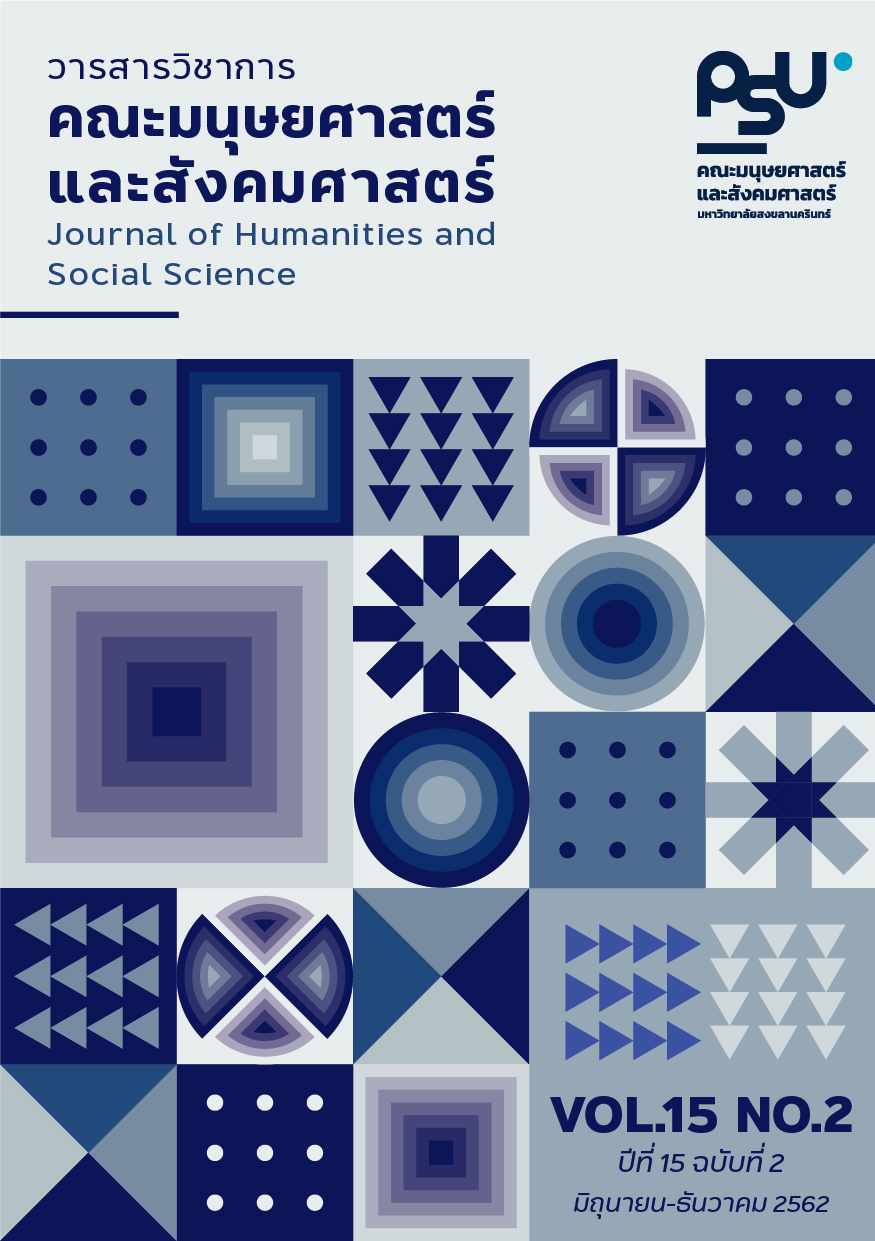Causes of Corruption in private schools in Monrovia, Liberia
Keywords:
Causes, Corruption, Private, Schools, Monrovia, LiberiaAbstract
The objective of this qualititive research is to investigate the causes of corruption in private schools and to implement guidelines to eliminate corruption in private schools in Monrovia, Liberia. The study performed an inclusive investigation through interviews and observations with school employees including principals, teachers, students, parents, community members, and community leaders. The data was coded, performing a thematic analysis using the Professional Accountability Model. As observed in the thematic analysis, the qualititive method was implied using the Professional Accountability Model to allow the students to aquire quality education in private schools in Monrovia, Liberia. The proffessional accountability enables teachers to obtain moral characters in schools to deliver quality education to students with the absence of corruption. with the proffessional accountability Model, all employees observe the rules and regulations, in turn, enables the students to obtain their dreams. The implications of these findings as it relates to other contexts are discussed.
References
Anderson, J.A. (2005). Accountability in education ,Education Policy series, 1. Paris: IIEP-UNESCO, IAE.
Baker, Raymond W,.) 2005). Capitalism’s Achilles Heel: Dirty Money and How to Renew the Free-Market System, John Wiley and Sons, Inc.
Banerjee, A., Hanna, R., & Mullainathan, S. (2012). Corruption. Cambridge: s.n.
Chetwynd E., Chetwynd F. and Spector B.( 2003). “Corruption and Poverty: A Review of Recent Literature” Management Systems International, 600 Water Street SW Washington DC 20024 USA.
David C. (2002).Corruption and the Education Sector. Management Systems International. Washington: Water Street, SW, USA.
Gupta, Sanjeev, Hamid Davoodi, and Erwin Tiongson. (2001). ‘Corruption and the Provision of Health Care and Education Services’ in The Political Economy of Corruption, Arvind K. Jain ed., Routledge Press: 111-141.Competence-Building for Think-Tanks in the South Caucasus and Central Asia. Retrieved, September 28, 2014.
Hallak, J. Poisson, M. (2002).Ethics and corruption in education Policy Forum No. 15. Results from the Expert Workshop held at the IIEP, Paris, France, and 28-29 November, 2001. Paris: IIEP-UNESCO.
Kaufmann, Daniel, Aart Kraay, and Pablo Zoido-Lobaton.(1999).’Governance Matters’, World Bank Policy Research Working Paper No. 2196.
Kromah, A. M. (2019), Corruption In Private Schools In Liberia: A Case Study Of A Private
Secondary School In Bushrod Island Area, Monrovia, Liberia. International Journal of Modern Trends in Business Research (IJMTBR),
(10), 52 – 61.
Lambsdorff, Johann Graf. (2003a).‘How Corruption Affects Productivity’, Kyklos, 564: 457–474.
Li, Hongyi, Lixin Colin Xu, and Heng-Fu Zou. (2000). ‘Corruption, Income Distribution, and Growth ’‘Economics and Politics, 12(2): 155–182.
Oyinlola O.S. (2009). Corruption Eradication in Nigeria: An Appraisal. Retrieved, September 15, 2014 from http://www.blogger.com/g-gbenga.
Perkin, C.D. (2006). Career and technical education; Congressional research service
Tanzi, Vito and Hamid R. Davoodi.(1997).‘Corruption, Public Investment, and Growth’, IMF Working Paper 139.
Downloads
Published
How to Cite
Issue
Section
License
บทความนี้ได้รับการตีพิมพ์เป็นของวารสารวิชาการคณะมนุษยศาสตร์และสังคมศาสตร์ คณะมนุษยศาสตร์และสังคมศาสตร์ มหาวิทยาลัยสงขลานครินทร์ วิทยาเขตปัตตานี






